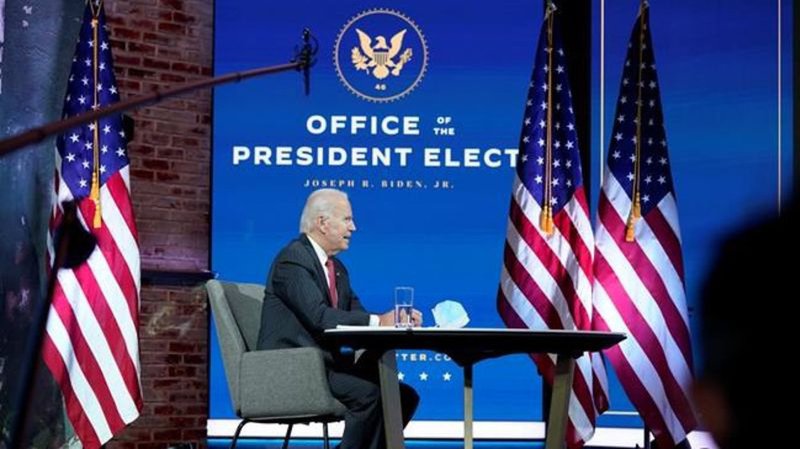
Canada’s labour unions could play big role in efforts to avert ‘Buy American’ rules
WASHINGTON, D.C. — Canada’s largest private-sector unions could be among those with their hands on the helm next year when the time comes to navigate the shoals of Joe Biden’s proposed Buy American rules.
The president-elect, a self-proclaimed “blue-collar Joe,” makes no secret of his affinity for organized labour, or of his plan to ensure U.S. workers and companies are first in line to reap the benefits of his economic recovery plan.
“I want you know I’m a union guy. Unions are going to have increased power,” Biden said he told corporate leaders during a meeting this week on his strategy for the economy.
“They just nodded. They understand. It’s not anti-business. It’s about economic growth, creating good-paying jobs.”


